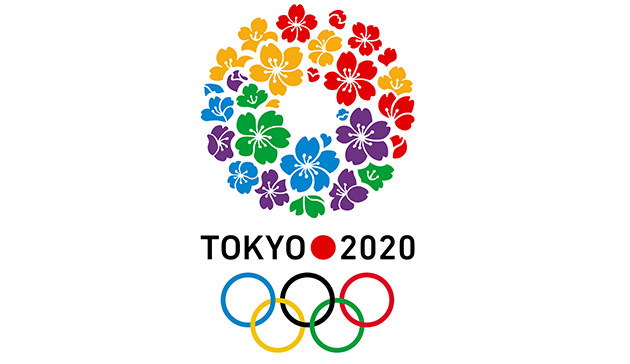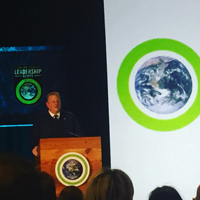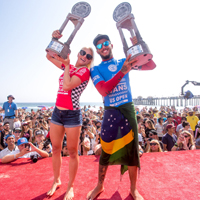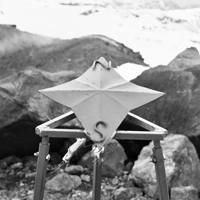
The new Olympic Agenda 2020 has been approved as of the last meeting at the IOC headquarters in Lausanne on December 11, 2014. The two main initiatives, which are slated to start at the Tokyo Games in 2020 include the bidding process for Olympic Games which includes how the host city can account for sustainability, and the launch of a dedicated Olympic Channel.
According to IOC President Thomas Bach, “Following the success of the IOC Session in Monaco and the unanimous endorsement of my fellow IOC members for the Olympic Agenda 2020 recommendations, it is critical that we utilize the momentum and energy we have created throughout the Olympic Movement and start implementing straight away.”
Olympic Agenda 2020 recommendations will be fully applied in the bid process for the Olympic Games 2024, which opens on 15 January 2015. A new invitation phase will be offered to cities interested in hosting the Games, so that they can discuss their initial interest with the IOC. The Olympic Winter Games 2022 bid process is already underway, but elements of Olympic Agenda 2020 will be implemented where possible, especially with regard to the IOC assisting bid cities in reducing costs and ensuring a sustainable legacy.
When it comes to the Olympic Channel, it’s interesting that the IOC sees this as a way to “engage audiences, especially young audiences, in the power of what sport can do,” according to Bach.
As many people in youth culture industries know, and according to our Youth Culture Studies, younger demographics have been losing interest in watching TV altogether and opting for YouTube and other digital and mobile phone forms of news and entertainment. While having a platform for year-round information about the Olympics and athletes is interesting, first there’s the problem that many young people simply no longer care about the Olympics, mostly due to the sports that are in the Olympics, previous coverage, and the frank commercialization of the Games.
Bach goes on to say that “Interest in the Olympic Games is higher now than ever…” We’re not sure what data he’s getting fed to quantify this, but it’s certainly not come from youth culture markets. Clearly, the IOC continues to drink their own Kool-AID.
So who’s going to host this Olympic Channel? Obviously NBC has some sway. Dick Ebersol, the American Olympic television executive producer for twenty years and former Chairman of NBC Sports, attended the Olympic Channel meeting as a special adviser. After the meeting, he said:
“More than 20 years ago in conversations with the then IOC leadership, we talked about a mutual dream of creating a year-round Olympic channel. I wholeheartedly applaud President Bach’s vision and successful initiative this week in bringing it to fruition. The media landscape has changed enormously in recent years, in particular with the uptake of digital media. There is much more opportunity today to reach and connect with audiences everywhere on earth, in particular young people. I jumped at this opportunity to be involved on one condition…that my role be unpaid, as I want to repay in some small way the joy the Olympics have given me since childhood.”
Apparently, a feasibility study was launched about having an Olympic Channel prior to the Agenda meeting and was approved by the IOC session on December 8th. Once again, it is not transparent who was involved in the feasibility study.
According to the IOC, the implementation for the Channel has started and produced by OBS, and will initially be a worldwide digital offering; however as traditional TV distribution opportunities arise, these will also be assessed.
Stay tuned for more.


